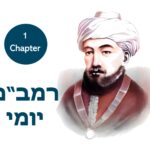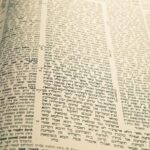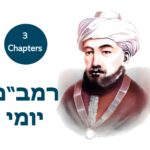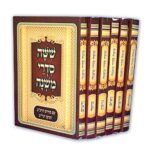Skip to content
Our site uses cookies to improve your browsing experience and provide you with personalized content. By continuing to use our site, you agree to our cookie policy.



